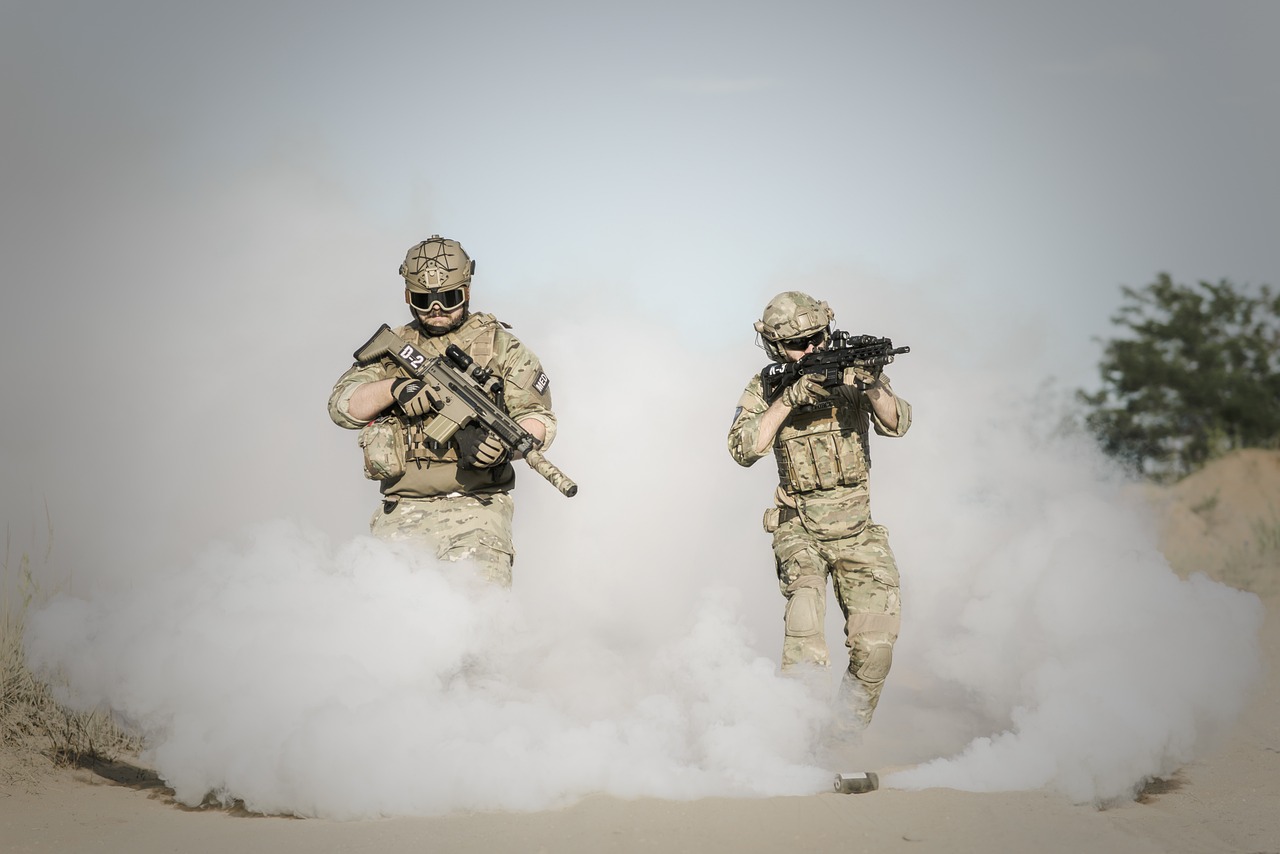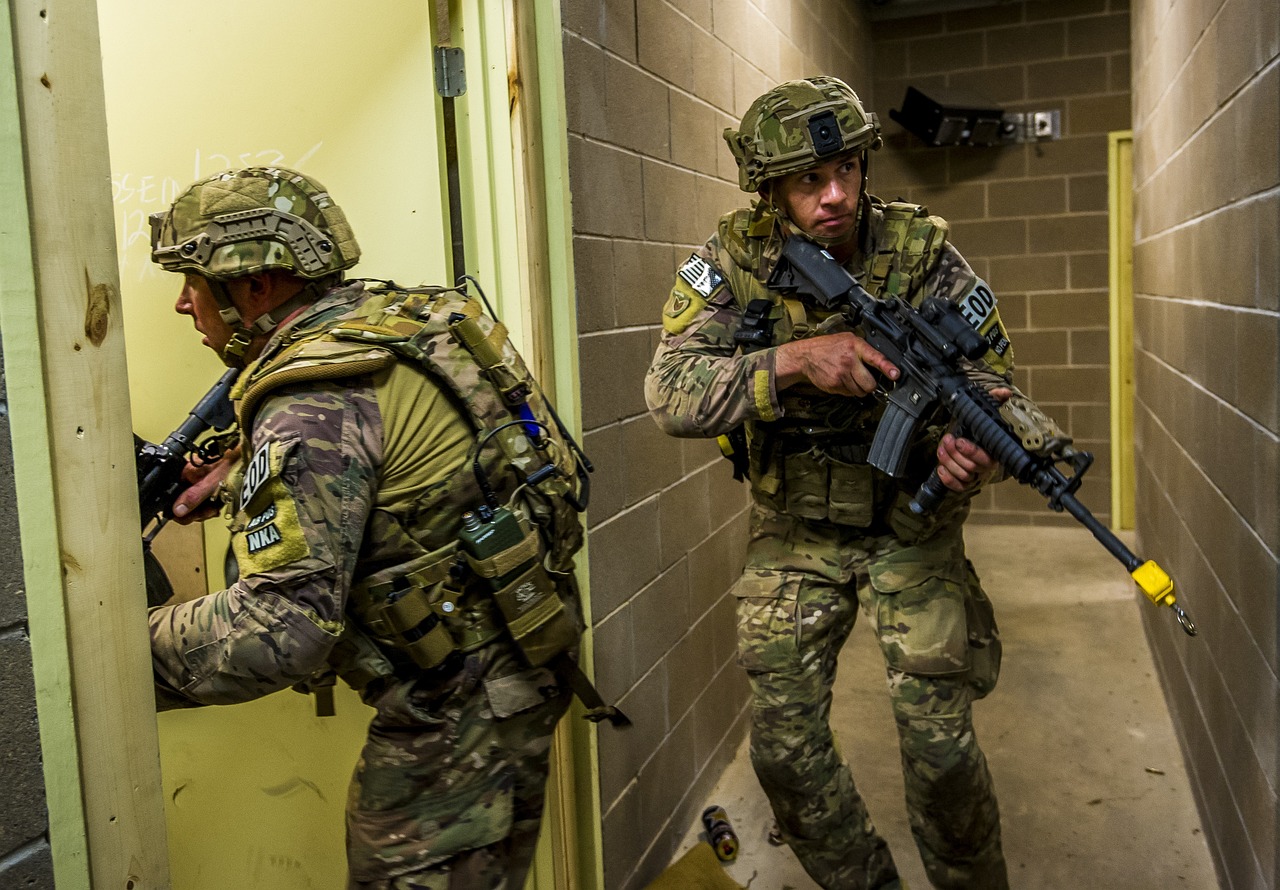
Understanding War Powers Resolution
The War Powers Resolution of 1973 was designed to limit the President’s ability to engage in military actions without congressional approval. However, over the decades, this legislation has faced significant challenges, particularly regarding its enforcement and interpretation. The resolution mandates that the President must consult Congress before deploying armed forces and requires congressional authorization for military engagements lasting more than sixty days. Despite this, both Democratic and Republican Presidents have frequently bypassed these requirements, leading to a gradual expansion of executive military power.
Shift in Military Engagements
Historically, the U. S. has not formally declared war since World War II, yet Presidents have often engaged in military actions under varying justifications. For instance, military interventions in Vietnam, Afghanistan, and Iraq were undertaken with congressional authorization, but many other conflicts initiated by Presidents did not receive such approval. The Office of Legal Counsel has issued opinions that, while non-binding, have allowed Presidents to justify extensive military actions without congressional consent. This has set a precedent where unilateral military actions are increasingly normalized.
Trump’s Military Decisions
As President Donald Trump took office, he continued this trend of unilateral military action, notably through his administration’s strikes on Iranian nuclear facilities. These actions occurred during escalating tensions following Israel’s conflict with Iran. Trump’s administration argued that the strikes were within the President’s rights as Commander-in – Chief, relying on expansive interpretations of national interests and collective self-defense. A leaked preliminary Defense Intelligence Agency report suggested that the strikes did not fully incapacitate Iran’s nuclear capabilities, which could prompt further military action from Trump under the guise of national interest.

Congressional Responses and Challenges
In light of Trump’s military actions, various lawmakers introduced resolutions aimed at reasserting congressional authority over military engagements. However, House Speaker Mike Johnson resisted these efforts, asserting that the War Powers Resolution infringes on the President’s constitutional powers. This ongoing tension illustrates the struggle between legislative and executive branches regarding military oversight, as Congress has often hesitated to challenge presidential authority, leading to a more robust executive power landscape.

Legal Precedents and Implications
The Supreme Court has historically refrained from providing clear definitions concerning presidential military authority, particularly regarding what constitutes “war.” The last relevant case dates back to the Civil War, where the Court acknowledged Congress’s exclusive power to declare war while permitting the President to act in defense against invasions. This lack of clarity has allowed Presidents to operate under broad interpretations of their powers, making it difficult to legally challenge military actions without congressional authorization.
Future of War Powers
The current trajectory suggests that unless Congress takes decisive action to reclaim its war powers, the executive branch’s ability to engage in military action without oversight may continue to expand. Experts, including Jack Goldsmith from Harvard Law School, have pointed out that under existing interpretations, nearly any military intervention could be justified. As public concern grows regarding the implications of unchecked presidential power, the debate over the War Powers Resolution and its enforcement is poised to become increasingly relevant.

Conclusion on Presidential Authority
Ultimately, the balance of power between Congress and the Presidency regarding military action rests heavily on the willingness of lawmakers to assert their constitutional authority. The ongoing conflicts and military engagements under the Trump administration highlight the urgent need for a reevaluation of how military power is exercised in the U. S. Without significant legislative action, the potential for unilateral presidential military action remains a looming threat to the principles of democratic oversight and accountability.






